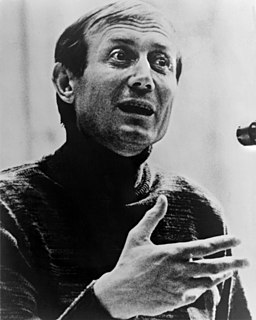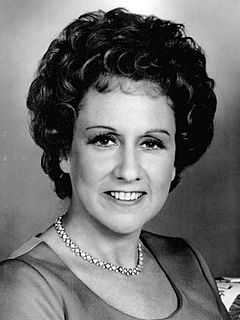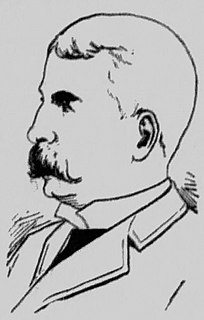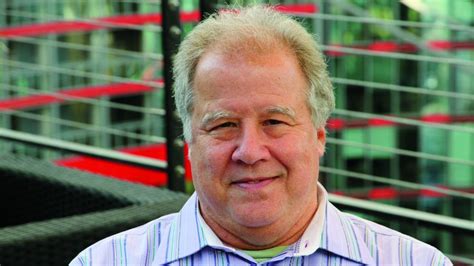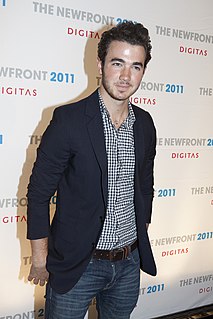A Quote by Yevgeny Yevtushenko
Character begins to form at the first pinch of anxiety about ourselves.
Related Quotes
I'm very much into the costuming of any character that I portray and it's one of the great things about making movies is it's a collaborative art form so you get all these artists who are looking specifically about for this instance your character's costume and what that might tell about your character.
The first thing that happens is the cleansing of the former character. I don't think a lot of actors talk about it, but there is usually a process where you essentially purge yourself of the character played prior to the movie. Then you want to think about what the character represents, and you write down all of the elements about this character and then take the time to find some synchronicity and start breathing the character.
INTROVERTS are especially vulnerable to challenges like marital tension, a parent’s death, or abuse. They’re more likely than their peers to react to these events with depression, anxiety, and shyness. Indeed, about a quarter of Kagan’s high-reactive kids suffer from some degree of the condition known as “social anxiety disorder,” a chronic and disabling form of shyness.
